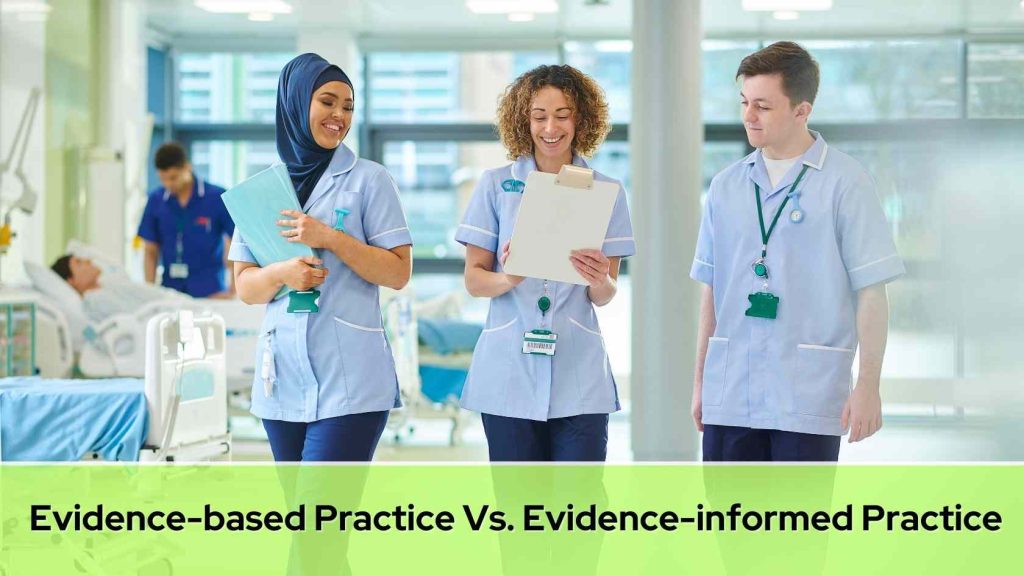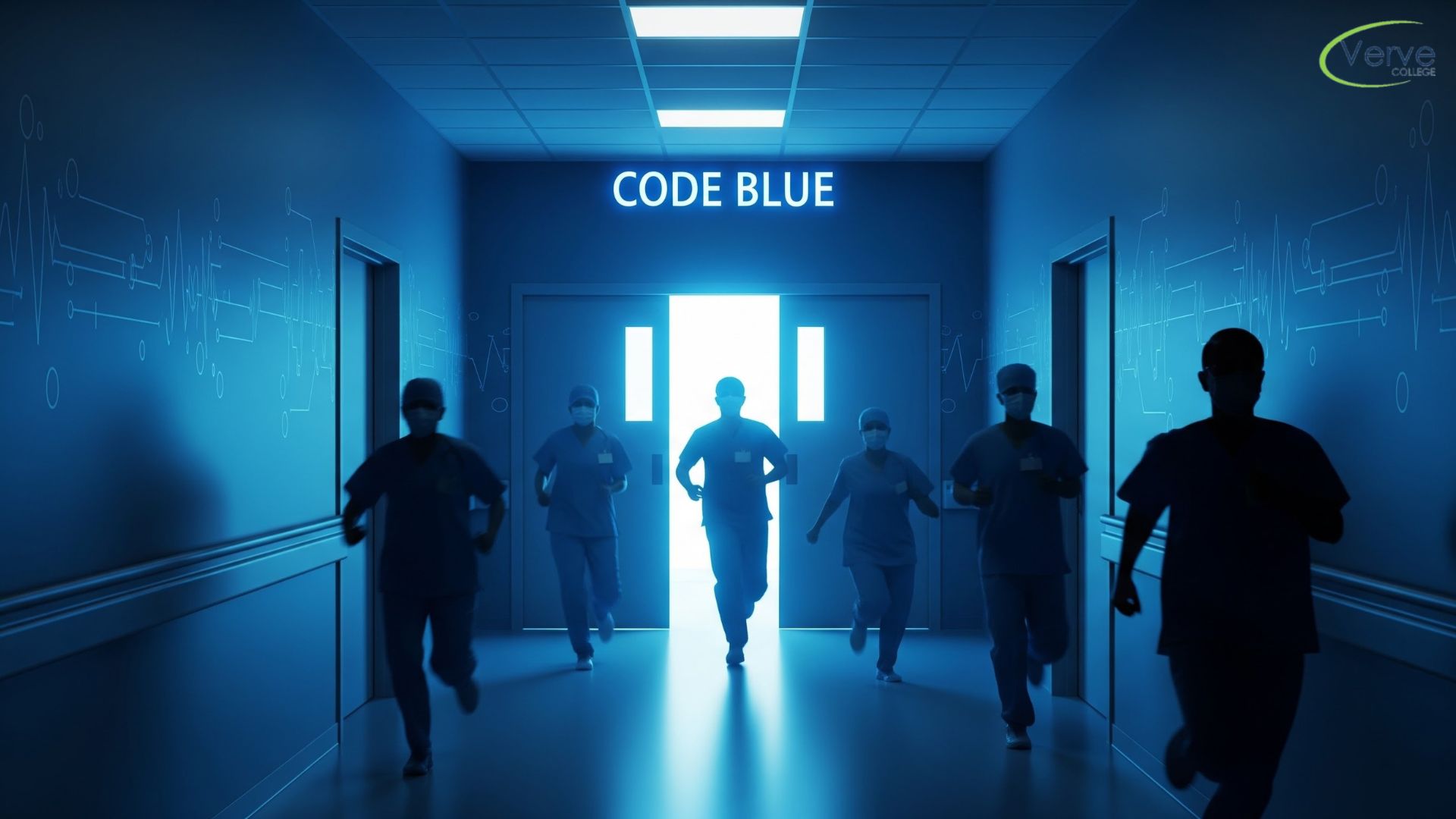- Oak Brook:(630) 705-9999
- Chicago:(312) 920-8822
- Email:inquiry@vervecollege.edu
- Make a Payment
- Home
- Programs
- Admission
- Resources
- ATI Entrance Exam Resources
- New E-Digital Library
- Refer a Friend
- School Newsletter
- Events
- Employers
- Job-Network
- Alpha Beta Kappa Candidates
- Verve College Library
- Graduation and Pinning Ceremony Photo Galleries
- Textbook Information
- Career Services
- Tutoring
- School Catalog
- FAQ
- Constitution Day Program
- Alumni
- Verve College Plans
- Financial Aid
- HEERF Reporting
- Satisfactory Academic Progress
- Apply For Financial Aid
- Net Price Calculator
- Return of Title IV Funds (R2T4)
- Financial Aid Office Code of Conduct
- Contact
- FAQs
- Verification Policy
- Vaccination Policy
- Student Right-to-Know Act
- Misrepresentation
- Information Security Program
- Academic Award Year
- Availability of Employee
- Cost of Attendance
- Health & Safety Exemption Requirement
- Students Rights and Responsibilities
- Leave of Absence
- Pell Formula
- Military Students
- Grants/ Scholarship Policy
- Contact Us
- Testimonials
- Blog
Is a Nursing Career Right For You?
Take The Free Quiz
What is the Difference Between Evidence-based Practice and Evidence-informed Practice?
What is the Difference Between Evidence-based Practice and Evidence-informed Practice?
Decision-makers in all nursing fields – especially health care – rely heavily on statistics and data when making important decisions. Family nurse practitioners and other providers, in particular, can utilize clinical studies and other resources to make the right patient decisions.
Health practitioners generally refer to evidence-informed practice as evidence-based practice or EBP. Though these terms can often be used interchangeably, there are subtle but crucial distinctions.
Definition of Evidence-Based Practice
Evidence-based practice is a term commonly encountered within healthcare industries, especially by nurses and other providers who deal with patients, as opposed to evidence-informed practices (which we will address later).
Evidence-based nursing practice refers to using current, relevant evidence as a guide in decision-making about practical nursing care to improve patient outcomes. Evidence-based practice is a qualitative problem-solving methodology that uses available information as a way of informing decision-making among nurse practitioners.
EBP allows nurse practitioners and other health care professionals to use clinical studies and other sources of evidence to address key patient care questions. Verve College stated that EBP involves three steps.
Unleveraged clinical experience by gathering and validating relevant evidence.
AMSN reported in 2019 that EBP allows practitioners to evaluate research, clinical guidelines, and other sources with high-quality findings before applying their results to clinical practice.
What Questions Can Evidence-Based Practices Address?
Nurse practitioners can utilize evidence-based practices to address various inquiries about health care, treatments, and other related topics. Woodbury and Kuhnke provided some examples such as these to illustrate this method:
What is the prevalence or distribution of a particular medical condition?
How should a risk or condition be evaluated or assessed? Which treatments offer cost-effective and clinically effective solutions for this situation at clinical sites? And finally, are patients likely to adopt prevention strategies as preventive measures?
How can the effectiveness of a project be accurately measured? Nurse practitioners can effectively gauge its success by asking appropriate questions that help guide their decisions and find relevant research to inform them. A systematic review or random controlled trial is the best way to answer questions related to treatment types, therapies, or professional practice interventions, while qualitative studies may offer an answer.
Related:- What is Difference Between Inpatient and Outpatient?
Definition of Evidence-Informed Practice
Evidence-informed practice (EIP) may seem similar to evidence-based practice, but it is something different.
Child Welfare Information Gateway noted that while evidence-informed practices (EIP) still rely on research findings, they tend to be implemented more as facility initiatives than individual patient decisions. EIP can also help inform health policymaking – according to Woodbury & Kuhnke (2014), the World Health Organization uses EIP for policy decisions.
Woodbury and Kuhnke’s 2014 research paper highlighted that evidence-informed practices (EIP) encompass a broader scope than evidence-based practices; EIP addresses multiple goals simultaneously while offering greater flexibility regarding evidence sources; this could include information other than clinical studies, such as best practice guides.
Woodbury and Kuhnke (2014) explained: ‘Critics have suggested that clinical decision-making information must include more than simply evidence gleaned from professional evidence-informed practice educational interventions research studies to reduce bias; instead, it should encompass information from various sources that meets various goals.” “… The term evidence-informed practice (EIP) suggests different kinds and levels of evidence will be needed in support of clinical decisions; many believe “Evidence-based practices” goes beyond earlier definitions of evidence-based practice in the nursing field.
At Last- Nursing Programs at Verve College
Verve College provides an online nursing program for those interested in expanding their practice knowledge about this sector of nursing.
Nursing students enrolled in the LPN training Illinois (LPN programs) can get the chance to enhance their evidence-based practice skills & also prepare themselves for the NCLEX-PN exam: Evidence-based practice as one of three online educational programs. This three-credit course teaches nurses how to gather evidence for healthcare practice using current primary study theories and then implement this research into their practices. Furthermore, this course helps nurses recognize emerging problems across various practice areas before using those scenarios to create researchable projects.
This course provides hands-on training utilizing evidence-based practices for practical nurse practitioners.
For more information, visit our best nursing schools in Illinois (private schools) or connect with one of our enrollment advisers today for a great nursing career.
 Sign up
Sign up Login
Login




